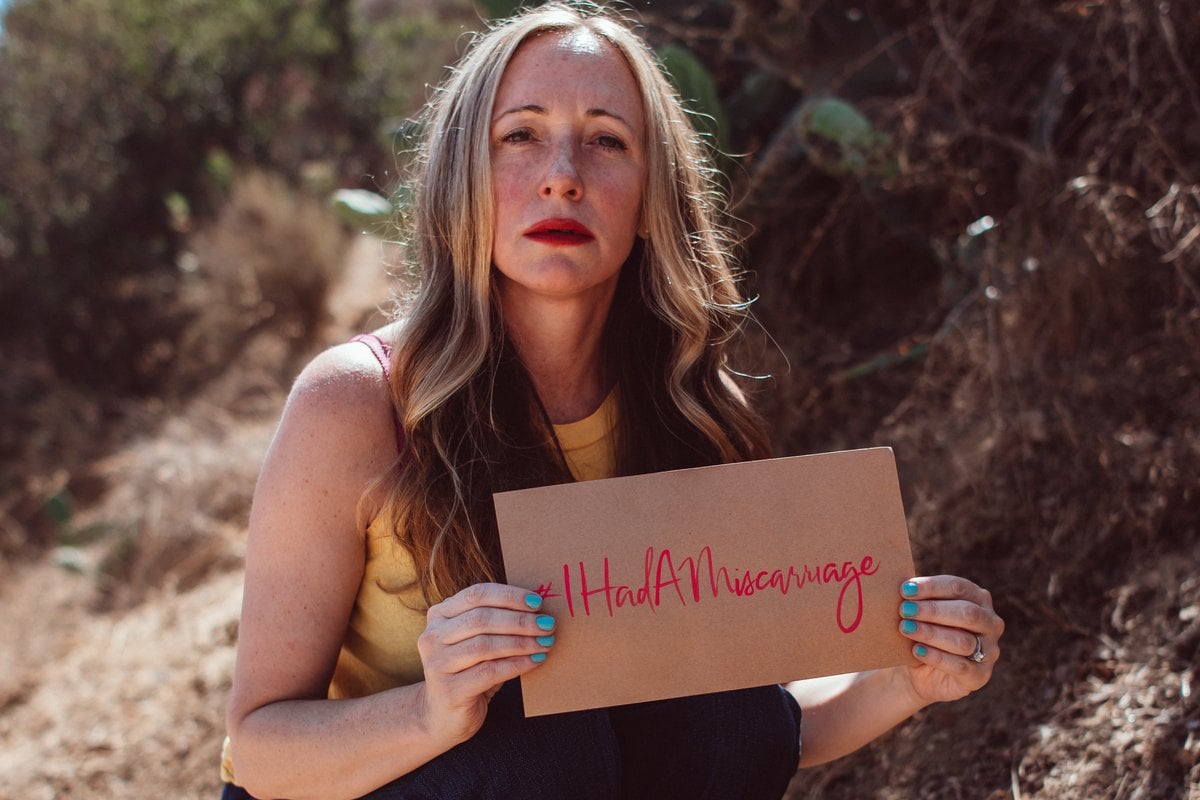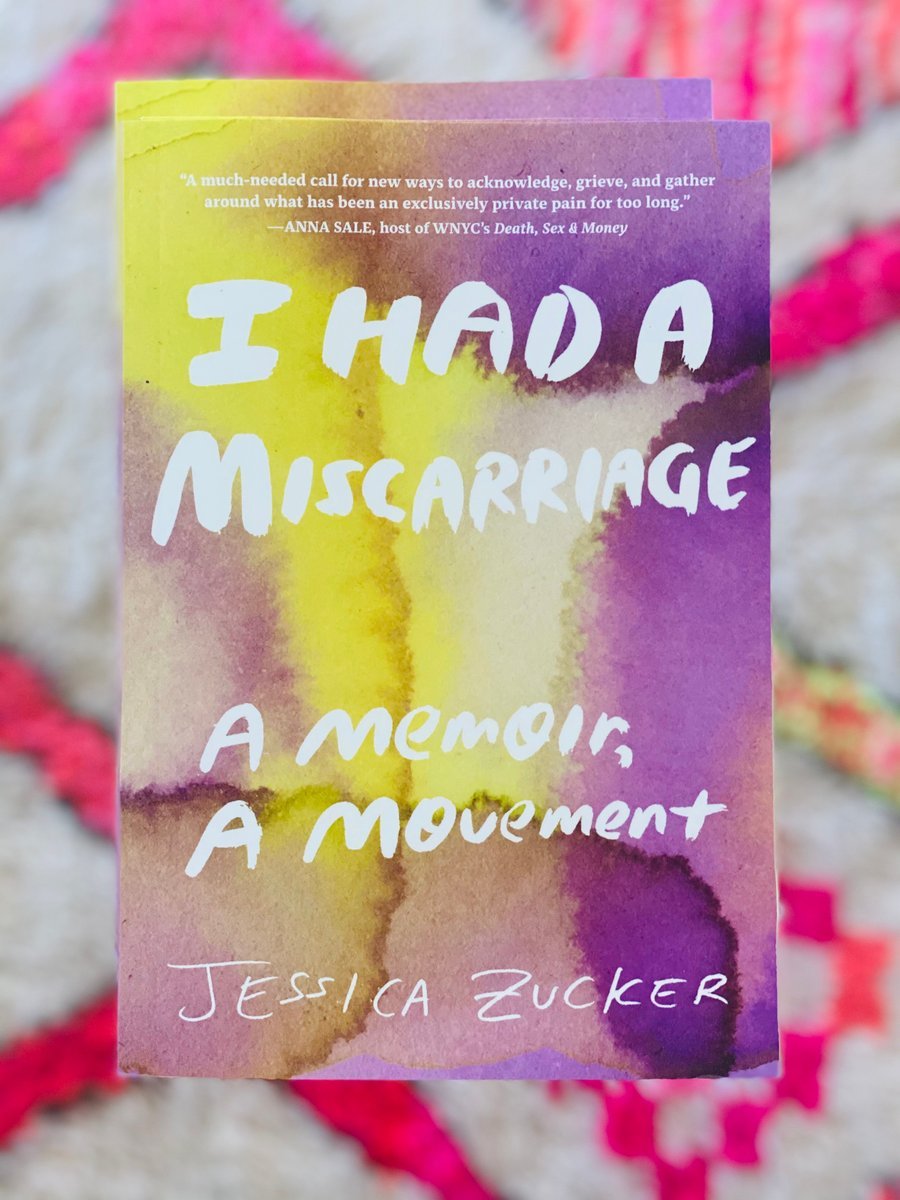
This post deals with pregnancy loss and might be triggering for some readers.
Sixteen weeks into her second pregnancy, psychologist Jessica Zucker miscarried at home, alone. This is an edited extract of her book, I Had a Miscarriage: A Memoir, a Movement.
I braved it. A world that had spinned madly on as I endured the worst trauma of my life.
A world that had simply maneuvered around me that fateful day on the side-walk, when I clutched the plastic bag holding the remains of my daughter and squeezed the blood-soaked towels between my thighs.
A world that doesn’t much like talking about miscarriage, let alone a baby dying and falling out of your body in your home.
Watch: A tribute to the babies we've lost. Post continues below.
I didn’t feel like I belonged to this world. I didn’t believe this world wanted to belong to me.
My forlorn body - on display as I ventured into requisite pleasantries at preschool pickup - slumped as I said my hellos.

